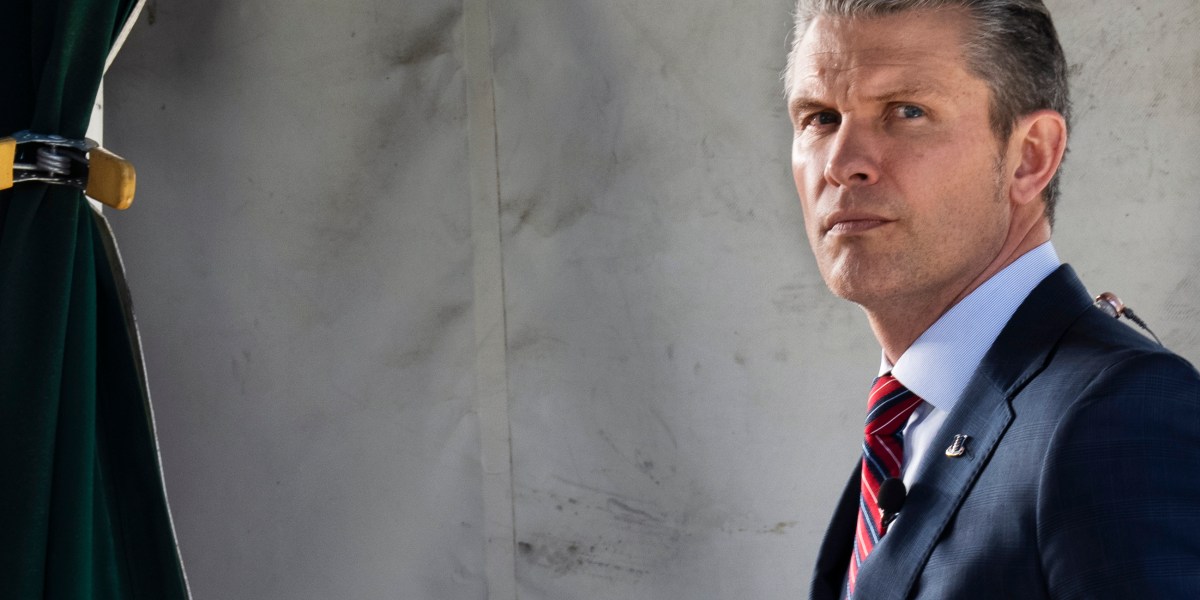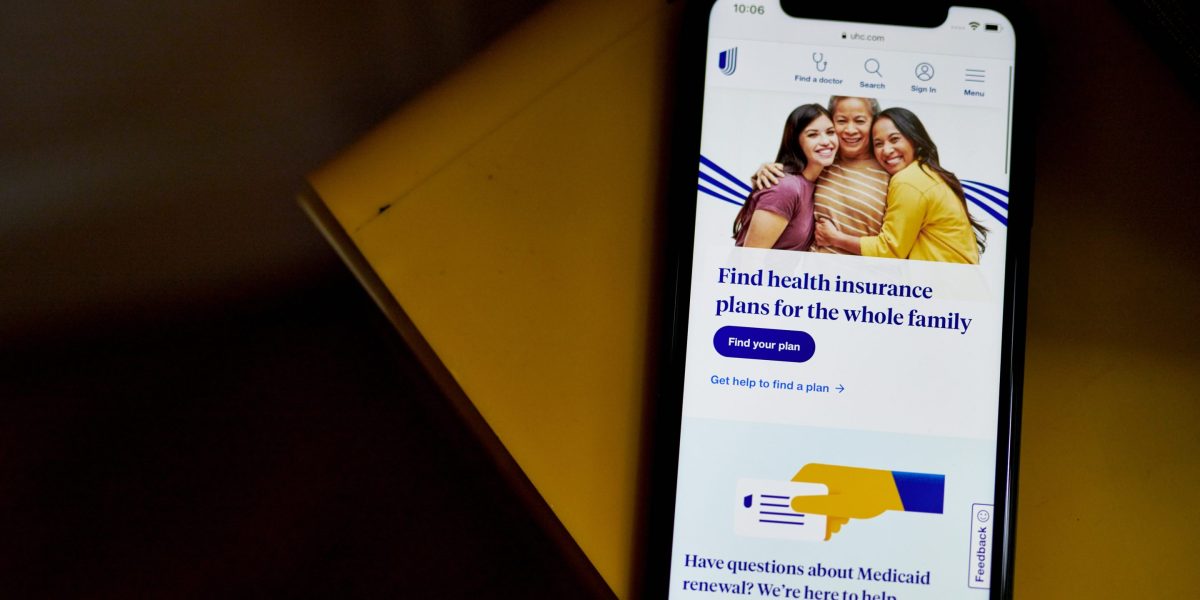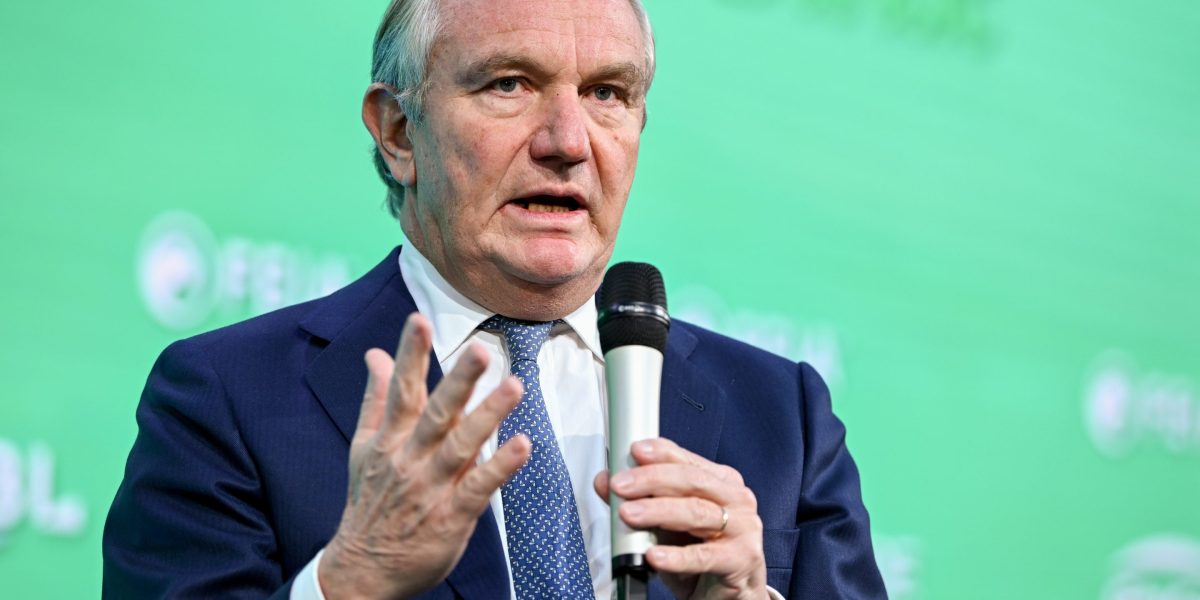Top national security officials for President Donald Trump, including his defense secretary, texted war plans for upcoming military strikes in Yemen to a group chat in a secure messaging app that included the editor-in-chief for The Atlantic, the magazine reported in a story posted online Monday. The National Security Council said the text chain “appears to be authentic.”
The material in the text chain “contained operational details of forthcoming strikes on Iran-backed Houthi-rebels in Yemen, including information about targets, weapons the U.S. would be deploying, and attack sequencing,” editor-in-chief Jeffrey Goldberg reported.
It was not immediately clear if the specifics of the military operation were classified, but they often are and at the least are kept secure to protect service members and operational security. The U.S. has conducted airstrikes against the Houthis since the militant group began targeting commercial and military vessels in the Red Sea in November 2023.
Just two hours after Goldberg received the details of the attack on March 15, the U.S. began launching a series of airstrikes against Houthi targets in Yemen.
The National Security Council said in a statement that it was looking into how a journalist’s number was added to the chain in the Signal group chat.
Trump told reporters he was not aware of the apparent breach in protocol.
“I know nothing about it,” Trump said, adding that The Atlantic was “not much of a magazine.” He went on to say, “I don’t know anything about it. You’re telling me about it for the first time.”
Government officials have used Signal for organizational correspondence, but it is not classified and can be hacked.
The sharing of sensitive information comes as Defense Secretary Pete Hegseth’s office has just announced a crackdown on leaks of sensitive information, including the potential use of polygraphs on defense personnel to determine how reporters have received information.
Sean Parnell, a spokesman for Hegseth, did not immediately respond to requests for comment on why the defense secretary posted war operational plans on an unclassified app.
The handling of national defense information is strictly governed by law under the century-old Espionage Act, including provisions that make it a crime to remove such information from its “proper place of custody” even through an act of gross negligence.
The Justice Department in 2015 and 2016 investigated whether former Secretary of State Hillary Clinton broke the law by communicating about classified information with her aides on a private email server she set up, though the FBI ultimately recommended against charges and none were brought.
In the Biden administration, some officials were given permission to download Signal on their White House-issued phones, but were instructed to use the app sparingly, according to a former national security official who served in the Democratic administration.
The official, who requested anonymity to speak about methods used to share sensitive information, said Signal was most commonly used to communicate what they internally referred to as “tippers” to notify someone when they were away from the office or traveling overseas that they should check their “high side” inbox for a classified message.
The app was sometimes also used by officials during the Biden administration to communicate about scheduling of sensitive meetings or classified phone calls when they were outside the office, the official said.
This story was originally featured on Fortune.com
Source link


 Entertainment8 years ago
Entertainment8 years ago
 Politics8 years ago
Politics8 years ago
 Entertainment8 years ago
Entertainment8 years ago
 Entertainment8 years ago
Entertainment8 years ago
 Tech8 years ago
Tech8 years ago
 Tech8 years ago
Tech8 years ago
 Politics8 years ago
Politics8 years ago
 Tech8 years ago
Tech8 years ago






